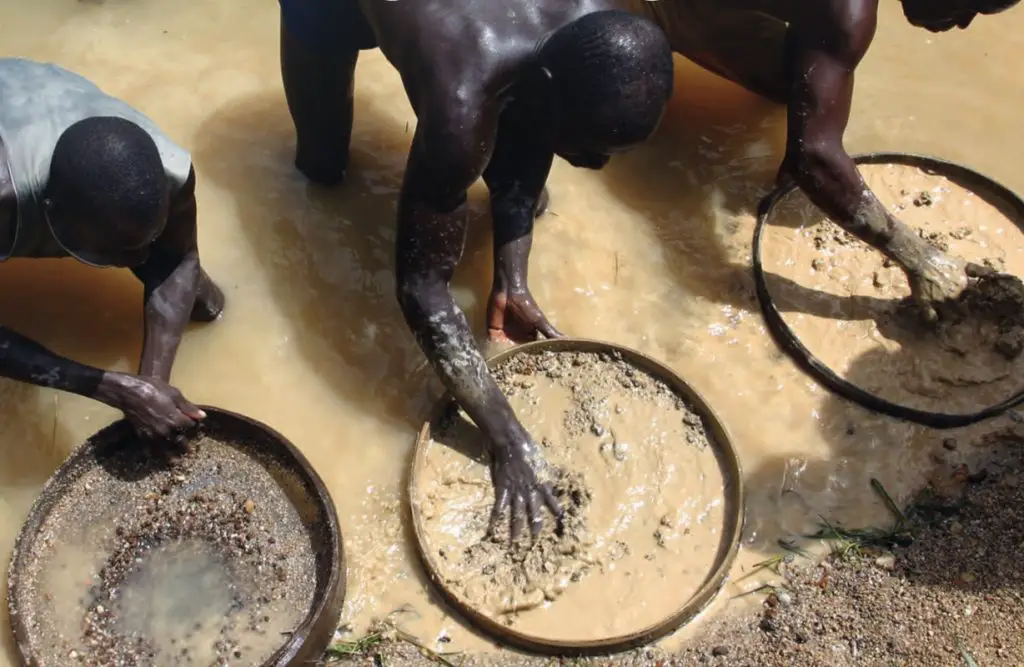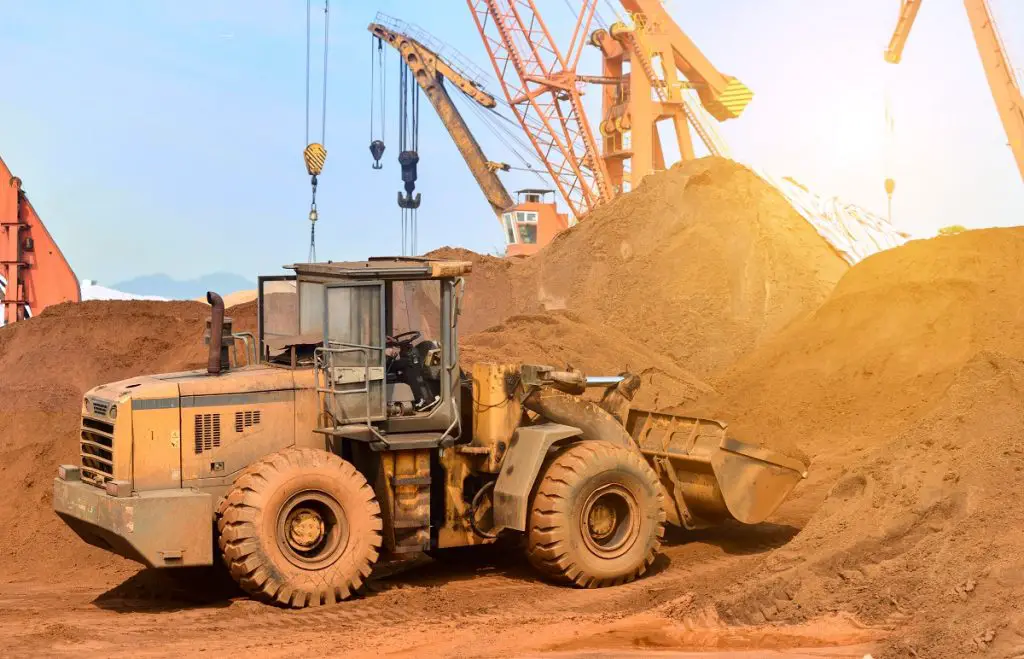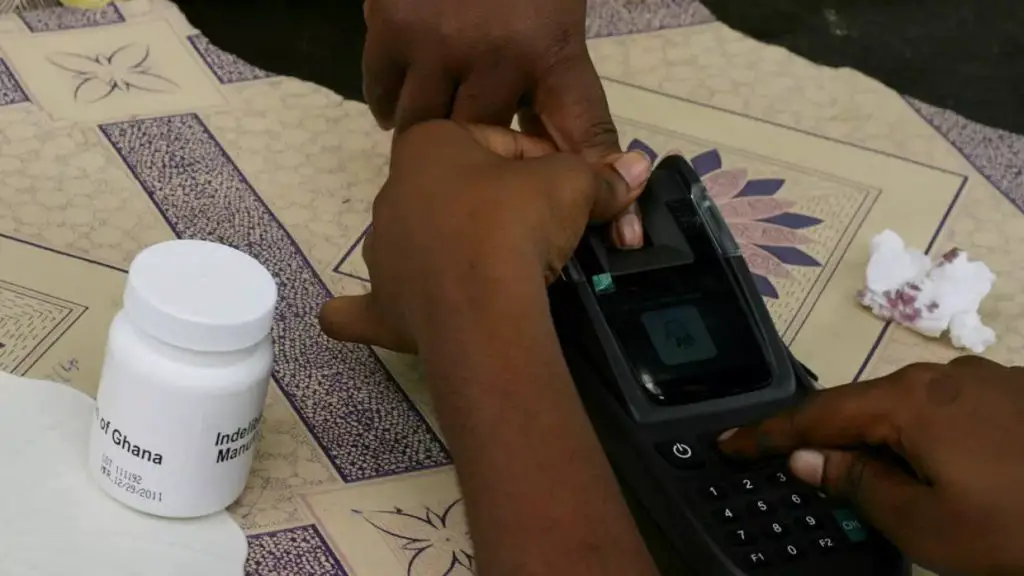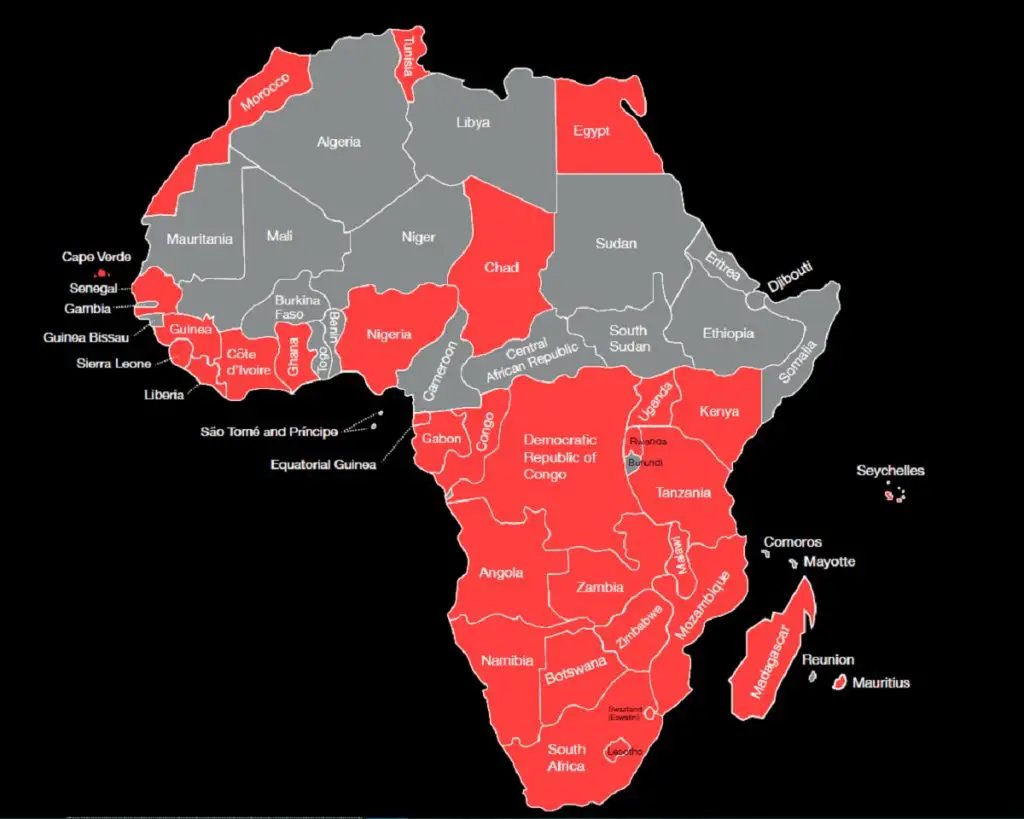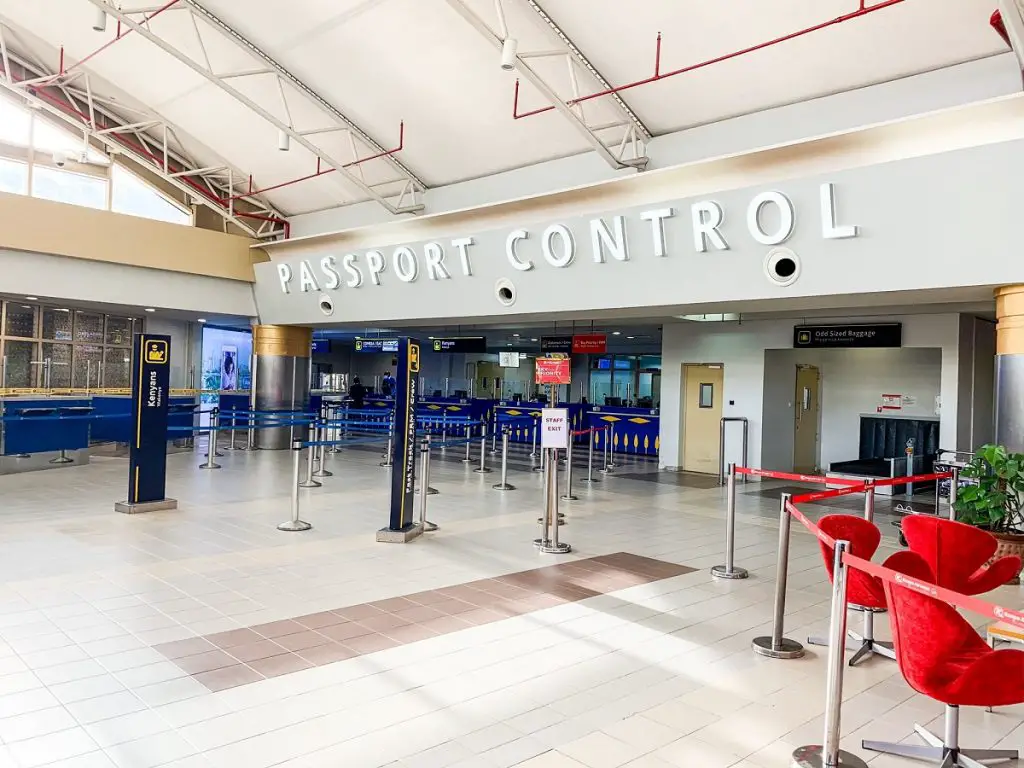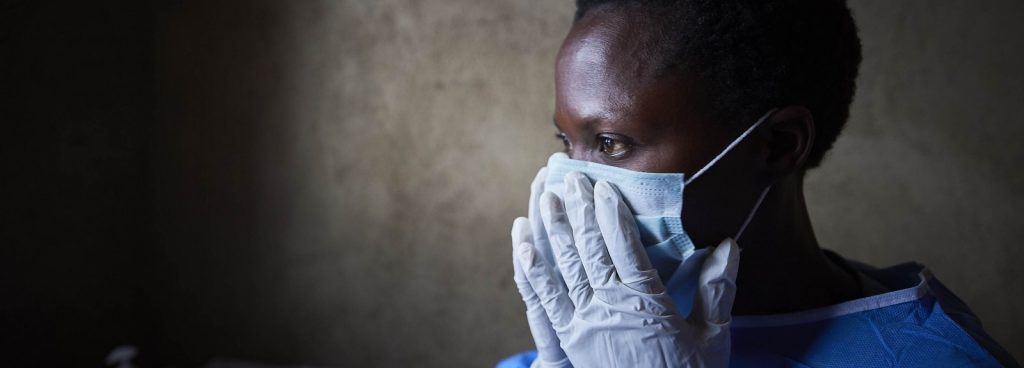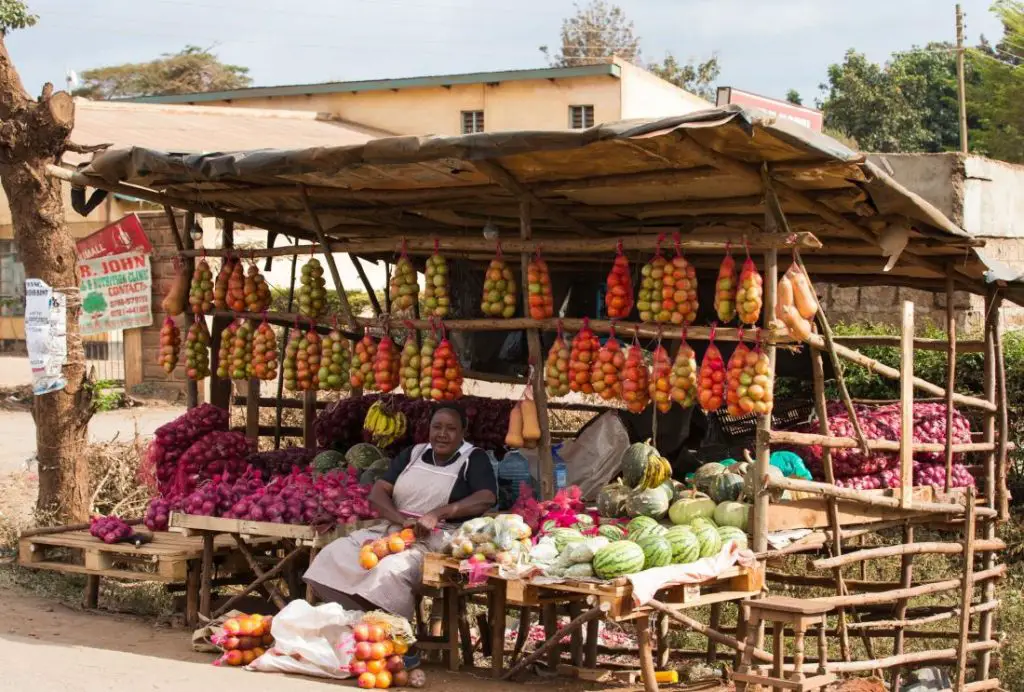- Agribusiness could drive Africa’s economic prosperity
- Dawood Al Shezawi: Why AIM Congress 2024 is the epicenter of global economic and cultural dialogues
- d.light’s 600,000 cookstoves project verified as top source of quality carbon credits
- Artificial intelligence (AI) could create a turning point for financial inclusion in Africa
- AIM Congress 2024: Catalysing global investments with awards
- Kenya’s economic resurgence in 2024
- The most stressful cities to live in 2024 exposed
- Tech ventures can now apply for the Africa Tech Summit London Investment Showcase
Browsing: UNCTAD
The outflows include illicit capital flight, tax and commercial practices like mis-invoicing of trade shipments and criminal activities such as illegal markets, corruption or theft. …
Unemployment will be on an upward trend, more companies will be facing bankruptcy; supply chains will be fragile; confidence is shaken and demand weak. …
Uganda’s real GDP growth is projected to hover below 2 per cent in 2020 compared with the almost 5.6 per cent in 2019.…
Kenya, Mauritius, Namibia and South Africa are the only countries on the continent where the share of online shoppers exceeds 8 per cent.…
Promoting economic diversification and industrialization in Africa is now a matter of priority …
Africa lags behind when it comes to data and privacy protection exposing the continent’s population to threats which could become expensive to them.
A report by the United Nations Conference on Trade and Development (UNCTAD) shows that 107 countries have put in place legislation to secure the protection of data and privacy. 66 of these countries are developing or transition economies.
In this area, Asia and Africa show a similar level of adoption, with less than 40 per cent of countries having a law in place.
Despite the prospective growth in mobile money transfers and e-transactions, Africa is still far behind in legislation to govern the sector. In addition, cybercrime regulations are few in Africa with 39 countries having some legislation and representing 72 per cent of the continent, 2 countries have draft legislation while 12 countries have no legislation and one has no data.
IMF approves immediate debt relief
…The United Nations Conference on Trade and Development (UNCTAD) is calling for debt deal for developing nations in face of the Covid-19 coronavirus.
UNCTAD, in a report titled From the Great Lockdown to the Great Meltdown: Developing Country Debt in the Time of Covid-19, notes that the virus outbreak came at a time when developing economies have already been struggling with unsustainable debt burdens for many years.
Coronavirus: African leaders stuck with neglected, outdated healthcare systems
The report notes that if the challenges are huge in advanced economies, they are enormously more daunting in developing economies.
“While advanced country governments struggle to revamp administrative and regulatory frameworks and to break ideological taboos, developing countries cannot easily flatten the contagion curve by closing down their largely informal economies without facing the prospect of more people dying from starvation than from the Covid-19 illness. Moreover, even the most advanced high-income developing …
[speaker-voice name=”en-GB-Wavenet-A”]
Economies around the world are taking a beating from Corvid-19 as aspects of their production and consumption take a nosedive.
With countries now dependent on each other for trade, sources of raw materials and labour, the coronavirus is bringing an end the approach to doing business globally as we know it. With much more connections through travel, the virus has found a way of stymying growth in several countries- including China, the epicentre of the outbreak- and many others which are still finding ways and means of addressing the challenge.
The worst-hit at this stage are those that depend on goods and services from China.
See: Intra-regional trade could create 2 million new jobs for East Africa
And while Africa is still largely safe from the ravages of the virus, many countries are already feeling the heat since they cannot procure goods from China following the lockdown and …
Economists define a recession as a subdued growth that lasts at least six months and goes for another 18 months while depression can last up to a decade. The global economy was already heading to a recession even before the outbreak and spread of COVID-19.
What has followed is global market players and governments pumping millions of dollars to contain the spread of the virus that has Wuhan city and its epicenter. The US and Europe have already announced setting up of special kitty to treat, contain and mitigate the effects of the virus both as a disease as well as the economic heat that comes with the disease.
China, the second-largest economy in the world and Italy- Europe’s third-largest economy and 8th globally- have been severely affected by cities like Rome remaining ghost-towns as economic and commercial activities come to a halt. There is a growing fear that the …
Anastacia Mukami sells fruits and vegetables at the Kiambu town market, a few kilometers north of Nairobi, Kenya’s capital. Within a month, the price of cloves of garlic has almost doubled, currently selling at 35 shillings up from 15 shillings. This, she says has led to a reduction in the number of cloves she sells in a day as the supply from China becomes more scarce.
Just like the rest of the world, Kenya is reliant on garlic shipped from China, and with the Asian giant facing near lockdown, the supply to traders like Mukami is dwindling and the economic effects of goods from China is starting to be felt across the African continent. The Directorate of Horticulture says that Kenya imports over 50 percent of garlic from China, and some more from Tanzania.
It is not just garlic sellers that are facing a bleak and uncertain future. The eastern …





